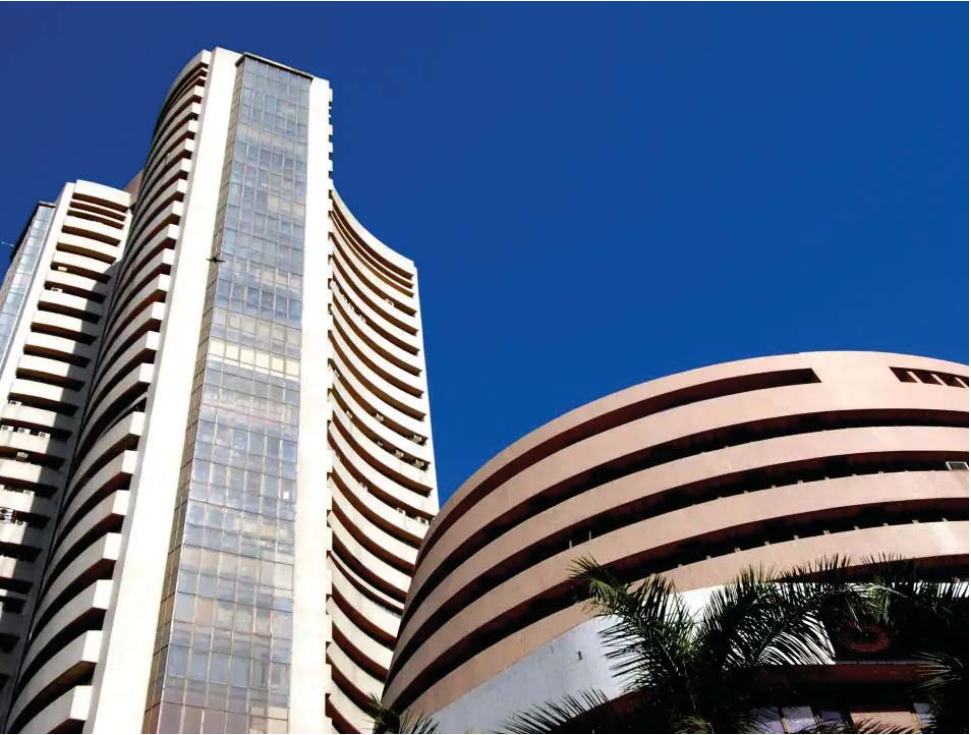Want to Subscribe?
Read Corporate India and add to your Business Intelligence

![]() Unlock Unlimited Access
Unlock Unlimited Access

Editorial
The recent guidelines issued by the Securities and Exchange Board of India (SEBI), the regulator of the Indian capital market, allowing non-promoters of a company to sell their shares through an offer for sale, is a step in the right direction. Till now, this avenue was available only to promoters or promoter group entities of companies that are eligible for trading and are required to increase public shareholding to meet the minimum public shareholding requirements of the regulator. Now, under the recently revised guidelines, week, any shareholder can use the offer-for-sale route as long as he/she is selling shares worth over Rs 25 crore. Furthermore, the cooling-off period required between two offers-for-sale has been reduced to just two weeks from 12 weeks at present. This will help companies to sell shares in one or more tranches to ease liquidity pressure. Once the market regulator notifies the norms, several private equity players or large investors will be able to test the new offer-for-sale framework. Thus, this route could emerge as a strong alternative to the block deal mechanism as the offer-for-sale mechanism offers better flexibility in terms of pricing.
This modification will prove to be a boon for institutional investors and other large investors who are willing to enable a company promoter to promote a corporate entity with the hope that they will be able to sell their shares through the offer-for-sale route. In other words, this means that the SEBI move will give a fillip to the offer-for-sale mechanism which now allows promoters as well as other large shareholders to divest their equity holdings. This is bound to be emerge as a strong alternative to the block deal mechanism as the former offers better flexibility in terms of pricing.
The main impediment with the block deal mechanism is pricing. A seller cannot offer a huge discount to the prevailing market price. As a result, launching large shares sales via this mechanism becomes a challenge, particularly during volatile market conditions. Thus the revised offer-for-sale route looks promising and will gain a lot of traction. Again, when sales were effected through block deals it was not possible for retail investors to participate.
With this modification, SEBI has attempted to broaden the spectrum across investors for undertaking big-ticket transactions. The modification in norms allowing non-promoters to participate in an OFS will encourage more participation and better price discovery with relatively lower slippage versus a bulk deal mechanism.
As the SEBI chairperson has elaborated, under the block deal mechanism there is a restriction in pricing which is a one per cent band above and below the market price. OFS can be done at whatever price one wants and it is open to the market. So, this mechanism has far more flexibility. If companies wish to take this route, SEBI will be happy to welcome them. While the earlier window had a cap on pricing, this one does not. Thus, the SEBI move will certainly give a boost to the OFS mechanism.
Cover story

With 2022’s Russia-Ukraine conflict and global inflation-cum-fears of recession spilling over into 2023, the Indian stock market, like its counterparts elsewhere, is going through a volatile phase even as the Indian economy is doing relatively well. Naturally, retail investors are worried about their shrinking funds valuation, especially as the rupee has been falling against the greenback.
Jackey's Column
SML Isuzu (formerly Swaraj Mazda Ltd) was established in 1984-85 as a joint venture of Punjab Tractor Ltd, Mazda Motor Corporation, Japan and Sumitomo Corporation, Japan. In 2009, Sumitomo Corporation acquired the entire stake of Punjab Tractors. Subsequently, in 2011, Swaraj Mazda was rechristened as SML Isuzu.
Corporate Feature
The first Indian MNC in the highway construction segment, IRB Infra is one of the largest players in its field and currently has 3,500 lane km operational and 2,350 lane km under development. Its landmark projects include the Mumbai-Pune Expressway and the Ahmedabad-Vadodara Expressway. In 2012, the company acquired TN-based road builder MVR Infrastructure and Tollways for Rs 130 crore. It has also bagged 3 out of 12 packages of the ambitious Ganga Expressway in Uttar Pradesh.
Fortune Scrip
Tata Steel, a prestigious company from the illustrious industrial group of the Tatas, is an Indian multinational steel manufacturing entity. It is one of the world’s most geographically diversified steel producers with operations and a commercial presence across the world. The company operates in 26 countries, with key operations in India, the Netherlands and the United Kingdom, and employs over 81,000 persons.
Business Management
Just as important as the 4 Ps of marketing are the The 5 Cs of marketing — Company, Collaborators, Customers, Competitors and Climate – need to be internalised well by organizations if they are to successfully reach the target consumer segment. Dr Vidya Hattangadi notes that internal factors should be analysed by corporates before turning to external factors. She cites the example of Apple’s hugely successful iPhone, which was the result of mixing its existing products, iPods and iTunes.
Primary Market
Forty Indian corporates raised Rs 59,412 crore# through main board IPOs in calendar year 2022, half of the Rs 1,18,723 crore (all-time high) mobilized by 63 IPOs in 2021, according to primedatabase.com, India’s premier database on the primary capital market. According to Pranav Haldea, Managing Director, PRIME Database Group, Rs 20,557 crore, or a huge 35 per cent of the amount raised in 2022 ,was by LIC alone.

February 15, 2025 - First Issue

Industry Review

Want to Subscribe?
Read Corporate India and add to your Business Intelligence

![]() Unlock Unlimited Access
Unlock Unlimited Access
Lighter Vein

Popular Stories
Archives
